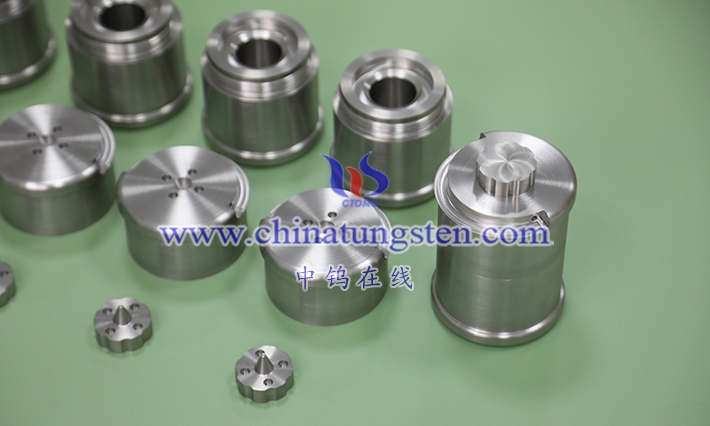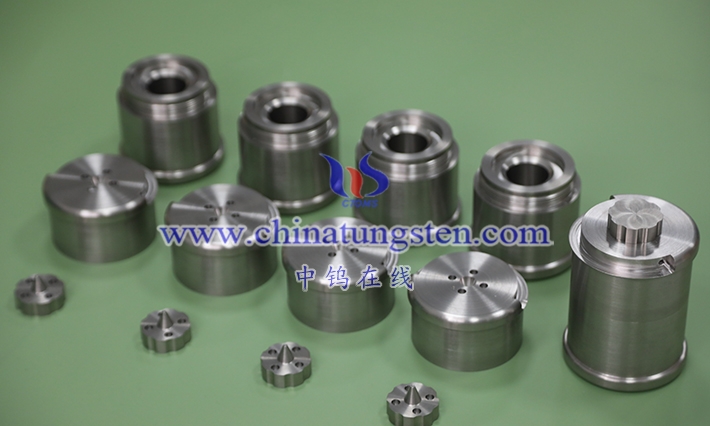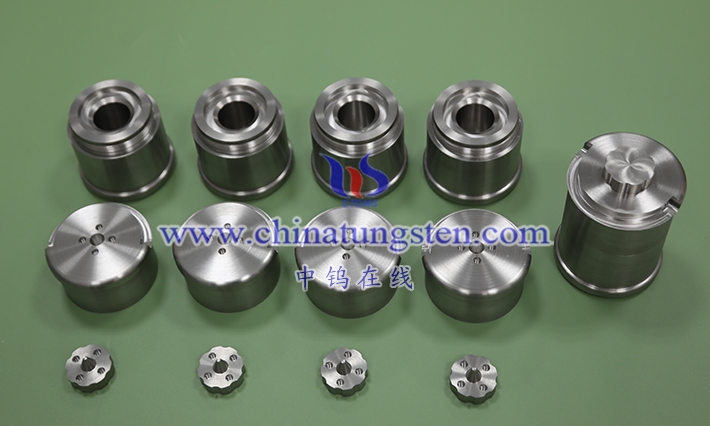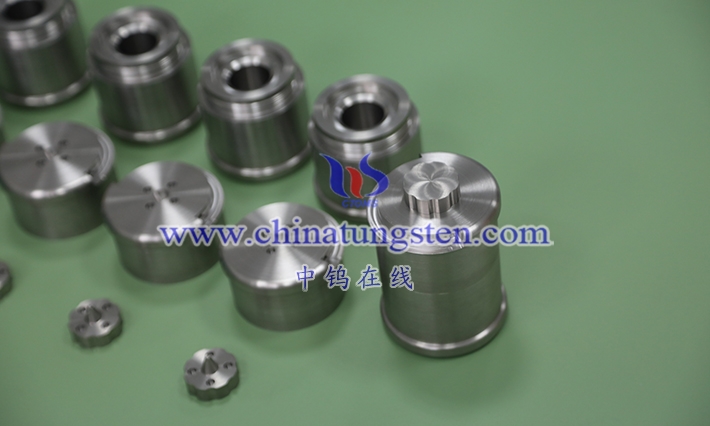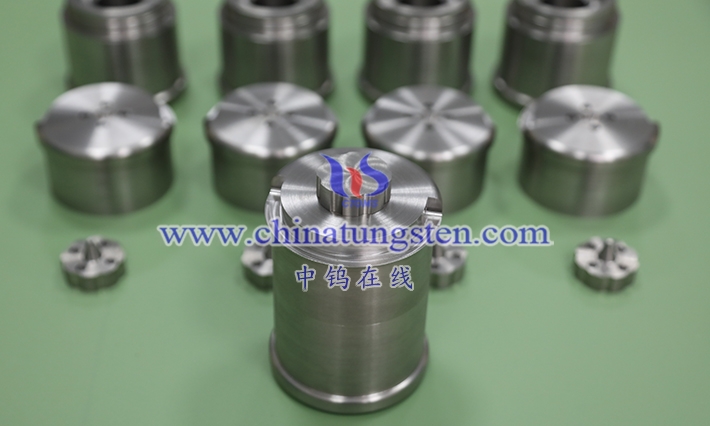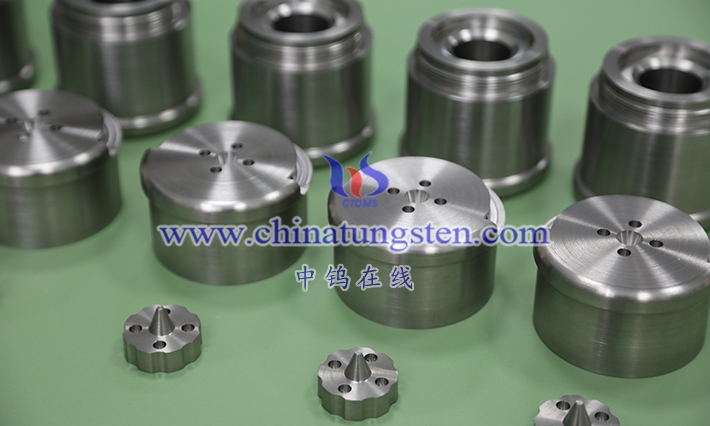The differences between tungsten alloy screws and other fasteners are mainly compared in terms of material composition, physical properties, application scenarios, and cost-effectiveness. First, in material composition, tungsten alloy screws are primarily tungsten-based (90%-97%), alloyed with nickel, copper, etc., made via powder metallurgy, while other fasteners like steel screws are mostly carbon steel or stainless steel, aluminum screws are aluminum alloys, and titanium screws are titanium-based alloys. This difference results in tungsten alloy screws having higher density (16.5-18.5g/cm³), far exceeding steel (7.8g/cm³) and aluminum (2.7g/cm³), suitable for high-density needs.
Second, physical performance comparison highlights the superiority of tungsten alloys. Their hardness (HRC 25-35) and tensile strength (900-1500MPa) are higher than ordinary steel screws, with strong high-temperature resistance (high melting point), less prone to deformation in extreme environments, while steel screws are strong but prone to rust, and aluminum screws are light but low in strength. Tungsten alloys also have radiation shielding functions, more environmentally friendly and non-toxic than lead screws, with better corrosion resistance than ordinary metal fasteners, but higher processing difficulty. Compared to titanium alloy fasteners, tungsten alloys have higher density but lower specific strength, the latter being more suitable for lightweight applications.
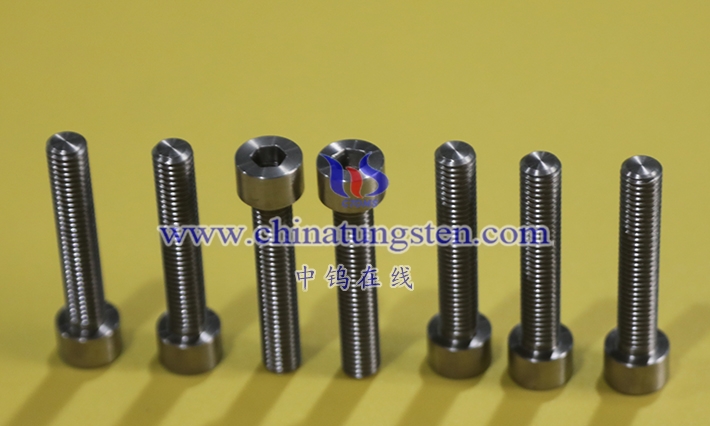
Third, from application scenarios, tungsten alloy screws are specialized for aerospace, medical radiation protection, and precision counterweights, such as semiconductor equipment fixation, while other fasteners are more general: steel screws for construction and machinery, aluminum for electronic lightweight assembly, titanium for marine and biomedical. Tungsten alloys’ anti-vibration and wear resistance make them stand out in high-torque situations, but not suitable for low-cost mass production.
Finally, in cost-effectiveness, tungsten alloy screws are more expensive due to rare materials and complex processes, but their long lifespan and low maintenance costs are advantageous in high-end fields. In contrast, steel and aluminum fasteners are low-cost and easy to process, but have limited performance and may require frequent replacement. Overall comparison, tungsten alloy screws excel in high-performance demands, but differences need to be weighed based on specific environments to optimize selection.
